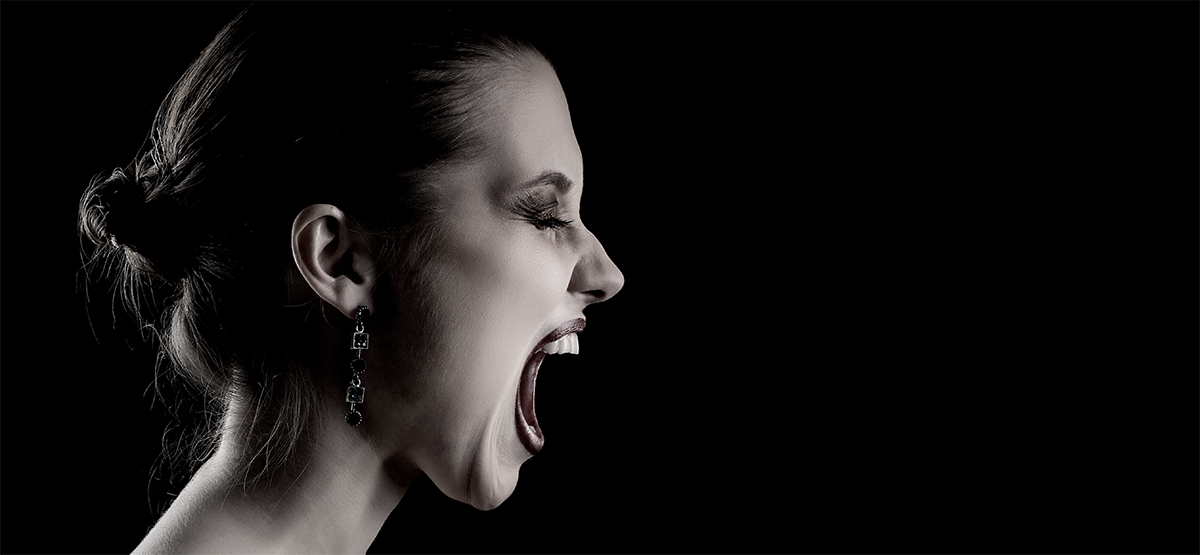Culture and division in 'the information age'
Rather than bemoaning the impact social media has had on cultural tensions, we should work to recalibrate the way we rely on it in our personal lives.
The prospect of an AI apocalypse notwithstanding, our technological progress over the last century is something to behold… yet many blame this “information age” for much of our current political and cultural rot.
And it’s easy to see why. A quick perusal on social media makes it pretty obvious our collective hivemind of interconnected digital networks su…
Keep reading with a 7-day free trial
Subscribe to Creative Discourse to keep reading this post and get 7 days of free access to the full post archives.



